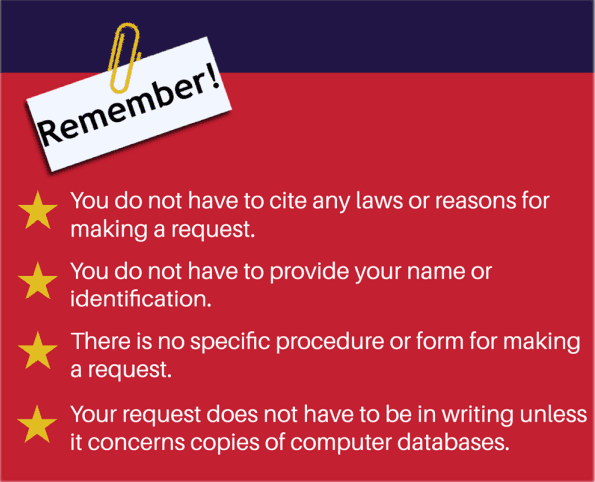According to the NC State Attorney General’s office, North Carolina law declares, “The public records and public information compiled by the agencies of North Carolina government or its subdivisions are the property of the people. Therefore, it is the policy of this State that the people may obtain copies of their public records and public information free or at minimal cost unless otherwise specifically provided by law.”
Furthermore, every public body is required to keep full, accurate minutes of all portions of all official meetings, including closed sessions. Minutes may be kept in writing, or in the form of audio or video recordings. These minutes are public records, subject to public inspection and copying. Public bodies must keep a “general account” of what takes place in closed session, and that account must be reasonably specific with regard to what took place. The general account of closed sessions are public records, but they may be withheld from public inspection only so long as public inspection would frustrate the purpose of the closed session.
A copy of the A.G.’s Open Government Guide is available online at 2019-Open-Government-Guide.pdf (laurinburg.org).

There are several tools to assist you in providing all the information needed by government agencies to properly comprehend and satisfy your requests:
First Tuesday has found that Asheville does a good job of keeping city meeting records and making them easy to locate on their websites. The county does not do nearly as good a job, and we find it necessary to use public records requests to locate many of the documents we want to see from the county. Certainly, it takes effort for government employees to create records and to make them available to us, but they are certainly well paid to do this work. Besides, they are required by law to do so.
